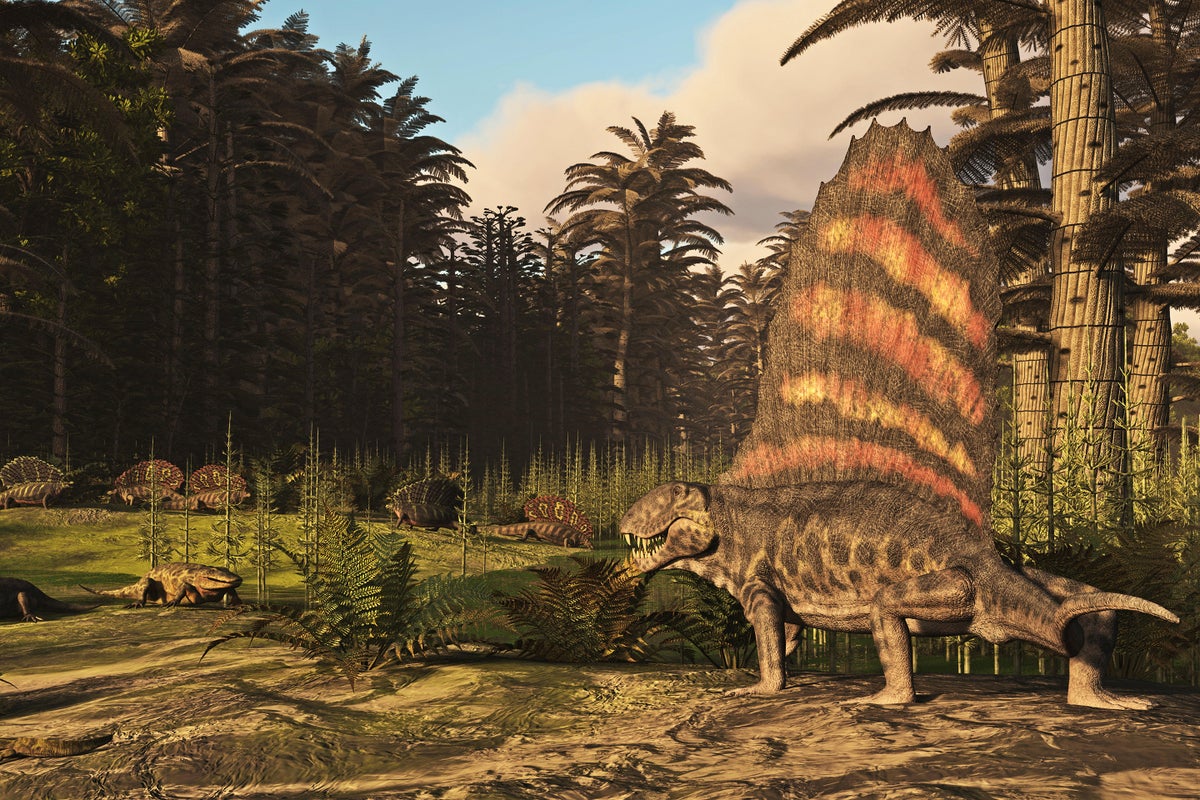Now Reading: Baboon Fathers’ Presence Linked to Longer Lives for Daughters
-
01
Baboon Fathers’ Presence Linked to Longer Lives for Daughters
Baboon Fathers’ Presence Linked to Longer Lives for Daughters
Rapid Summary
- A study published in Proceedings of the Royal Society B highlights the positive impact of father-daughter relationships on female baboons’ longevity.
- Female baboons with strong bonds with their fathers, characterized by grooming and cohabitation, lived two to four years longer compared to those without such bonds.
- The study observed 216 females in Kenya’s Amboseli ecosystem through data collected as 1971 as part of the Amboseli Baboon Research Project.
- Researchers suggest fathers may provide safety, intervene in conflicts, or facilitate social connections for their daughters that contribute to longer lifespans.
- Paternal involvement was higher when males were certain of paternity or when they aged out of competitive mating opportunities within their groups.
- According to behavioral ecologists,this paternal care reflects similarities with human parenting values and emphasizes the universal meaning of parental relationships among primates.
Indian Opinion Analysis
The findings from this study on baboon parenthood offer insights into evolutionary dynamics that resonate beyond wildlife. In the Indian context-where familial systems prioritize strong intergenerational bonds-the importance of nurturing parental relationships aligns well with these observations. This research might encourage further explorations into how modern-day parenting practices influence long-term outcomes for children in India’s diverse socio-cultural settings.
Additionally, this work underscores how scientific studies about seemingly distant species can indirectly inform human understanding. India’s emphasis on science funding and research could benefit from leveraging similar cross-species studies for deeper comprehension regarding mental health, social structures, and parenting roles. While not directly linked to human behaviors or cultural paradigms specific to India, insights like these propel dialogues around gendered dynamics in caregiving across society.
























